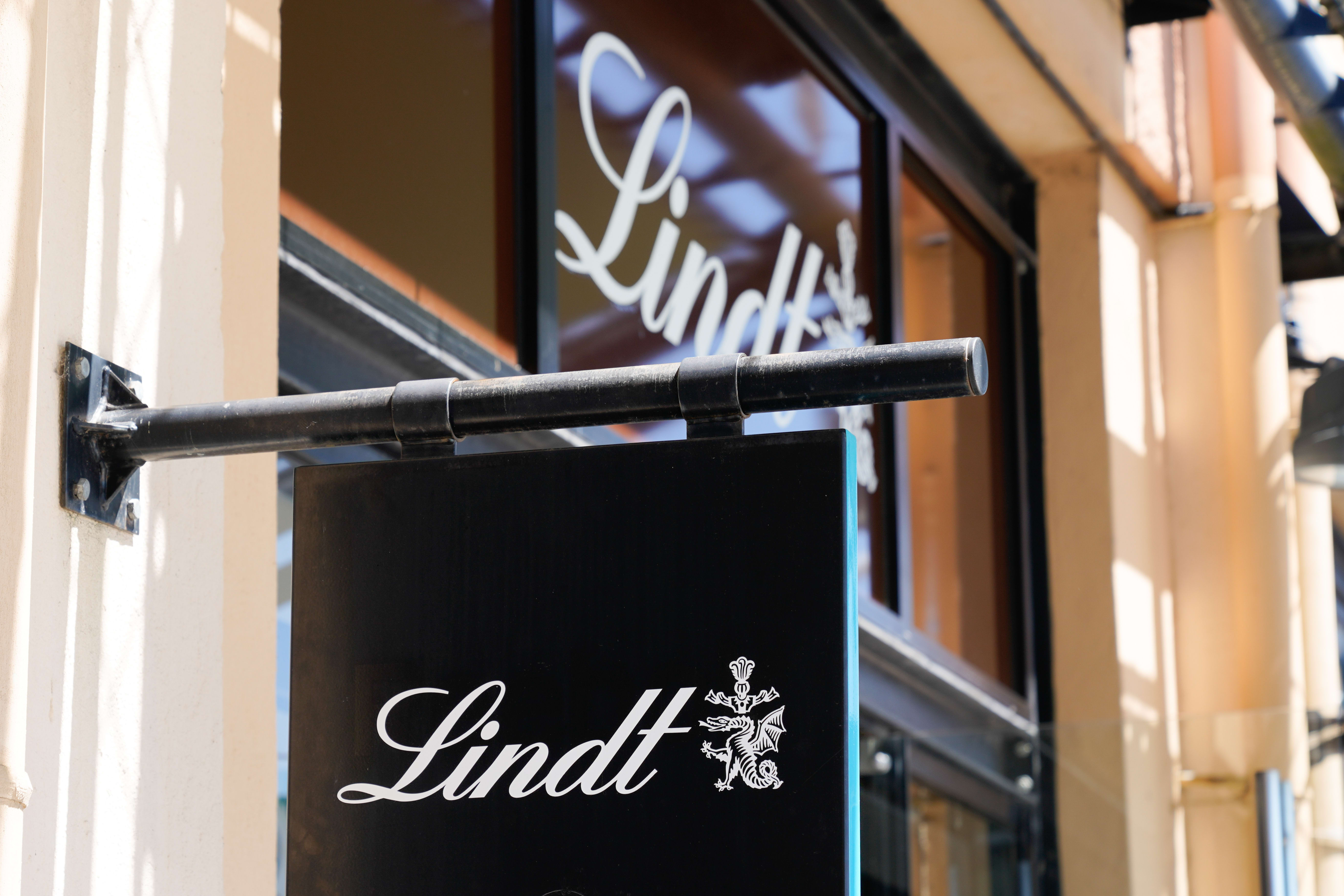Kazuhiro Okeya, Quality Assurance Manager of Sanshin Chemical Industry
Sanshin Chemical Industry Co., Ltd was founded in Yamaguchi Prefecture in 1949 as a chemical manufacturer focusing on organic rubber chemicals. Its vulcanization accelerators play an important role in the rubber manufacturing process and are used in a variety of products, including automobile tires, windshield wipers and belts.
Since the 2000s, the company has been ahead of its peers in obtaining ISO 14001 and ISO 9001 certifications, implementing quality control and environmental management systems (EMS) to improve product quality and reduce CO2 emissions. The company underwent its first EcoVadis assessment in 2019 and, in 2023, was awarded a Silver Medal. We spoke with Quality Assurance Manager Kazuhiro Okeya about their efforts.
What sustainability initiatives has your company implemented?
Given our goal to reduce environmental impact, we began working on quality and environmental management in the 2000s. In 2003, we implemented a quality management system and obtained ISO 9001 certification to strengthen our product quality control. Then in 2006, we set up an EMS and obtained ISO 14001 certification. This allowed us to identify and assess each of our environmental impacts.
Our EMS increased the company’s awareness around environmental conservation. This led us to set a goal to reduce CO2 emissions as part of Japan's larger aim to become carbon neutral by 2050.
As a chemical products manufacturer, we have large plants as well as supplemental utility and wastewater treatment facilities. We made a list of the equipment at each facility to identify our energy usage and CO2 emissions. For example, we have steam boilers that produce heat used to produce petroleum-based fuel, which has relatively high CO2 emissions. Switching from this fuel to LNG (liquefied natural gas) allowed us to greatly reduce our CO2 emissions. Of course, this involves some cost, but we are willing to invest in these changes if it means saving energy and reducing emissions.
Did the decision to undergo the EcoVadis assessment happen amid such changes?
That is correct. Although we were leaders in sustainability within Yamaguchi Prefecture, globally we were still behind. In 2019, our client Bridgestone Corporation approached us and asked if we would be willing to undergo an EcoVadis assessment.
Bird’s-eye view of Sanshin Chemical Industry’s Hirao Plant
What were some of the challenges you faced when completing the assessment?
Regarding product quality and environmental management, we had systems in place, which allowed us to submit evidence without issue. However, with regard to human rights, ethics and sustainable procurement, we had to start by understanding the purpose behind the questions and considering which evidence to submit. To be honest, it was difficult at first.
Although we already had employee and healthy & safety regulations, and conducted checks when purchasing raw materials, these were for internal use. We had not yet developed human rights and sustainable procurement guidelines in a form that could be publicized. This meant we had to educate employees on sustainability and gather evidence from relevant departments, which was challenging.
What changes have you seen as a result of the EcoVadis assessments?
Although we were not necessarily acting with sustainability in mind, we were able to receive a high rating as a result of preparing and submitting evidence of our initiatives. I feel that we now have more confidence in our initiatives because we know that we have chosen ones that are effective, even from a third party's perspective. At the same time, we can see where we are lacking, so we are able to take a more proactive and targeted approach like creating a corporate social responsibility (CSR) policy related to global procurement.
Each time we have taken the assessment, our rating has steadily improved, and we earned a Silver Medal in 2023. Our employees' understanding of EcoVadis has also deepened over the years. Now, when we ask them to provide us with materials for the assessment, they immediately know what we are talking about. It is gratifying to see everyone's concerted and positive efforts translate into tangible results in the form of ratings and medals.
Many companies that do not use third-party organizations create their own sustainability surveys and send them to their business partners. As creating and responding to these surveys requires time and effort, EcoVadis is an opportunity to help streamline as a widely adopted standard for sustainability assessments, simplifying processes for both buyers and suppliers.
Distillation column of the Hirao Plant
What has the response been externally, and how has it affected your approach?
We have already received requests from about 50 global companies to share our scorecard on the EcoVadis platform, and we are receiving an increasing number of inquiries from Japanese companies, too. Our sales representatives are often told by customers, "You received a Silver Medal from EcoVadis? That's impressive!”
Our current goal is to reduce Scope 1 and 2 emissions by 46% compared to 2013 levels by 2030. We also share our EcoVadis carbon scorecard, which assess emissions targets and performance, with the public. We hope to contribute further by promoting the shift to renewable energy.
Our series of initiatives have been well received by Yamaguchi prefecture, and we are a certified Yamaguchi Renewable Energy Plant. As a result, we have been invited by electric power companies and others to speak at seminars on renewable energy. We have also held discussions and workshops about carbon neutrality at the request of our customers, which have led to actual business opportunities. We are collaborating with energy-saving businesses on initiatives related to factory energy conservation, creating a positive cycle.
Communicating our activities at seminars and other events has also required us to organize our data. Our experience in providing evidence for the EcoVadis assessments was also useful in this regard, as we were able to gain perspective on how to make our company's initiatives better understood by people outside the company.
What advice would you give to companies that would like to improve their sustainability efforts?
At the lectures and seminars where we speak, the most frequently asked question is the issue of reducing CO2 emissions. We have seen firsthand that there are many small and medium-sized companies aware of the need to reduce their CO2 emissions, but do not know where to begin.
Based on our experience, we recommend two steps: first, understand your company’s energy usage, and second, figure out how to reduce energy consumption.
To get started, we also recommend undergoing an assessment by a third-party organization such as EcoVadis. Learn about societal expectations and your company's current position, learn how to improve and take action. This will lead to better outcomes, including the reduction of CO2 emissions and will give you the power to respond to ongoing changes.
About the Author
Follow on Twitter Follow on Linkedin Visit Website More Content by EcoVadis EN























